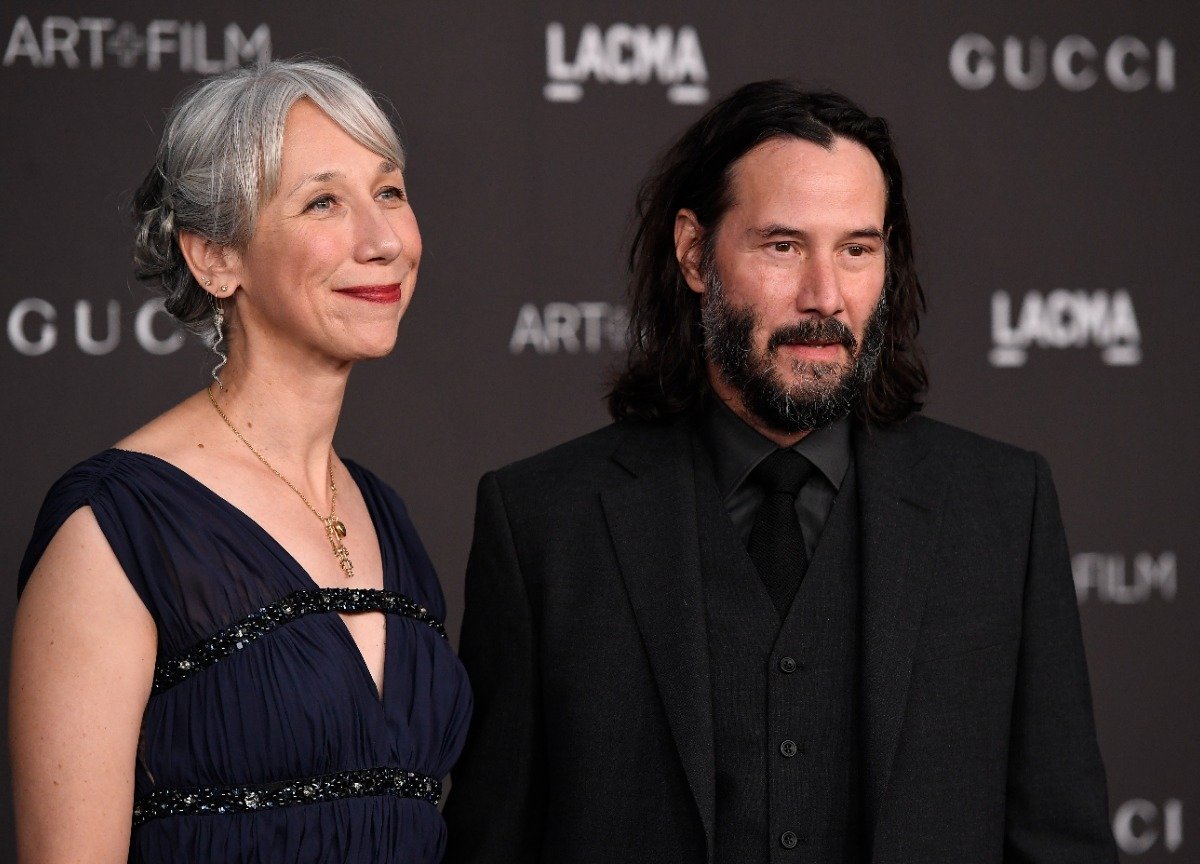It’s not the Matrix; it’s the (checks notes) metaverse? Keanu Reeves and his partner Alexandra Grant, an accomplished painter, are betting that NFTs (non-fungible tokens) are more than just a passing fad and can have actual artistic value.
The happy couple has been tapped as advisers for The Futureverse Foundation, according to The Hollywood Reporter. The charitable organization has a goal of getting artists to create work for sale in the metaverse – a combined integration of both the virtual and digital world.
While the NFT world can almost seem like the Wild West (just look what happened to Seth Green), the organization wants to find and fund artists who will create amazing art for the next generation of the web.
“I feel like the Futureverse Foundation is a proposal. If we do have this opportunity of building a new economy of [cultural] exchange, how do we?” Grant said. “It’s new for all of us to be thinking about the partnerships between the art world, Hollywood and tech coming together in this really beautiful way.”
Grant, along with Reeves and the cofounder of Non-Fungible Labs, Brooke Howard-Smith, want to help artists move into the digital space and turn their art into NFTs that can then be sold. The goal of the foundation is to make the metaverse more accessible, Grant said.
“This is the beginning, it’s a nascent moment for a technological shift where some people understand that they’re already in the metaverse, and some people don’t know what an NFT is.”
In a statement to THR, Reeves said he was excited about the prospect and the future opportunities it could provide for artists.
“I am honored to be joining Non-Fungible Labs’ efforts in cooperation with Alexandra Grant for the extraordinary program and opportunity of the Futureverse Foundation, in support of artists and creators globally,” Reeves said.
So how will artists get selected? The foundation will be advised by professionals in the art world to pick quality artists and will look to highlight women and Indigenous voices.
Non-Fungible Labs has provided its first gift in anticipation of the foundation’s launch – 100,000 euros to Nana Oforiatta Ayim, who is curating the Ghanaian Pavilion at the 2022 Venice Biennale.
“I sort of see these grants as social acupuncture; you’re not going to be able to change everything because that’s not the intention, the intention is to find the right energetic meridian to put a needle of change in,” Grant says. “So even though it was a real-world pavilion, that happened because of conversations that were all digital. That translation between worlds is already integrated.”
Grant wants to take the mystery out of buying and valuing art in both the metaverse and in real life.
“A lot of people from a ‘fine arts background’ think of NFTs as being an image with an accounting ledger like a blockchain attached to it,” she says. “What’s actually happening is a rethinking of not just currency, but of what an object that can $ be shared is. Does it have physicality? Does it have value? Who gives it that? Inadvertently, the foundation is causing a reevaluation of Western art, of practices based in colonialism, of all these questions.”

